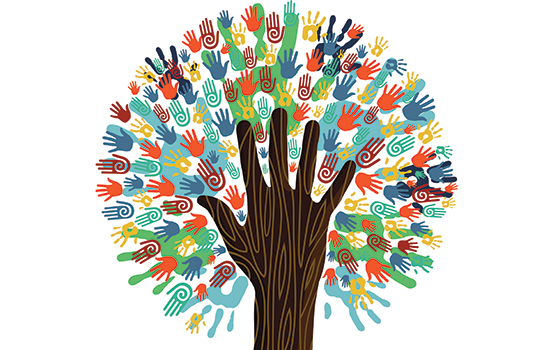Search results: 3642
OCT7019M-2023-24-T2-A OCT7019M | Contributing to Communities | 2023-24 T2 (Group A)
- Enrolled students: 12
OCT7019M-2024-25-T2-1 OCT7019M | Contributing to Communities | 2024-25 T2 (Group 1)
- Enrolled students: 7
OCT7019M-2025-26-T2-2 OCT7019M | Contributing to Communities | 2025-26 T2 (Group 2)
- Enrolled students: 12
OCT7021M-2024-25-T3-1 OCT7021M | Service Development and Leadership | 2024-25 T3 (Group 1)
Welcome to your final taught module of the course!
The aims of this 9-week module are to provide you with an opportunity to critically investigate current policy and legislative drivers which influence health, social care, charitable and independent sector services and to explore concepts of leadership and change management applicable to health and social care. You will explore the knowledge, skills and values required to improve and/or develop occupation focussed services and their delivery.
This module builds on knowledge, skills and values gained throughout the programme and feeds into employment as a novice practitioner.
The first 6 weeks of the module will be delivered using a problem-based learning approach to encourage independent learning, flexible approaches to knowledge generation, problem-solving, collaboration and teamwork. In the last 3 weeks you will have the opportunity to work on your own proposal, present your idea as a formative assessment and receive feedback on it before the summative assessment.
Learning Outcomes
1. Critically evaluate health and social care systems, policy, and legislation priorities and their impact on the advancement of occupational therapy services.
2. Critically evaluate and identify opportunities for service improvement / development.
3. Evaluate and apply models of leadership and change management to occupational therapy practice.
We look forward to working with you,
Ally Wadey (Module Leader)
Miranda Thew (Module Team)
- Enrolled students: 8
P-CH Minimum Standards Template Course_P-CH
For Pei to use for Articulate course only - 24.9.24 Aleks
- Enrolled students: There are no students enrolled in this course.
PAPDyr1 Personal, Academic and Professional Development - Year 1 2018/19
- Enrolled students: 7
PAPDyr2 Personal, Academic and Professional Development - Year 2 2018/19
- Enrolled students: 7
PAPDyr3 Personal, Academic and Professional Development - Year 3 2018/19
- Enrolled students: 2
PAR7003M-2022-23-YEAR-A PAR7003M | Principles of Paramedic Practice | 2022-23 YEAR (Group A)
This module sits in the first year of the MSc Paramedic (Pre-Registration) programme and is designed to give learners a comprehensive insight into what it means to be a professional paramedic working within a developed healthcare system. The module is primarily focussed on preparing learners to work with a U.K. based ambulance service (public or private), however it includes a wider understanding about how the U.K. healthcare delivery model sits within global understandings of health.
Through this module the learner will examine the impact of culture and other socio-economic factors and in doing so will be able to integrate person centred care that respects the values and belief of service users.
- Enrolled students: 11
PBI001-2018-19 Placement Year, 2018-19
- Enrolled students: There are no students enrolled in this course.





